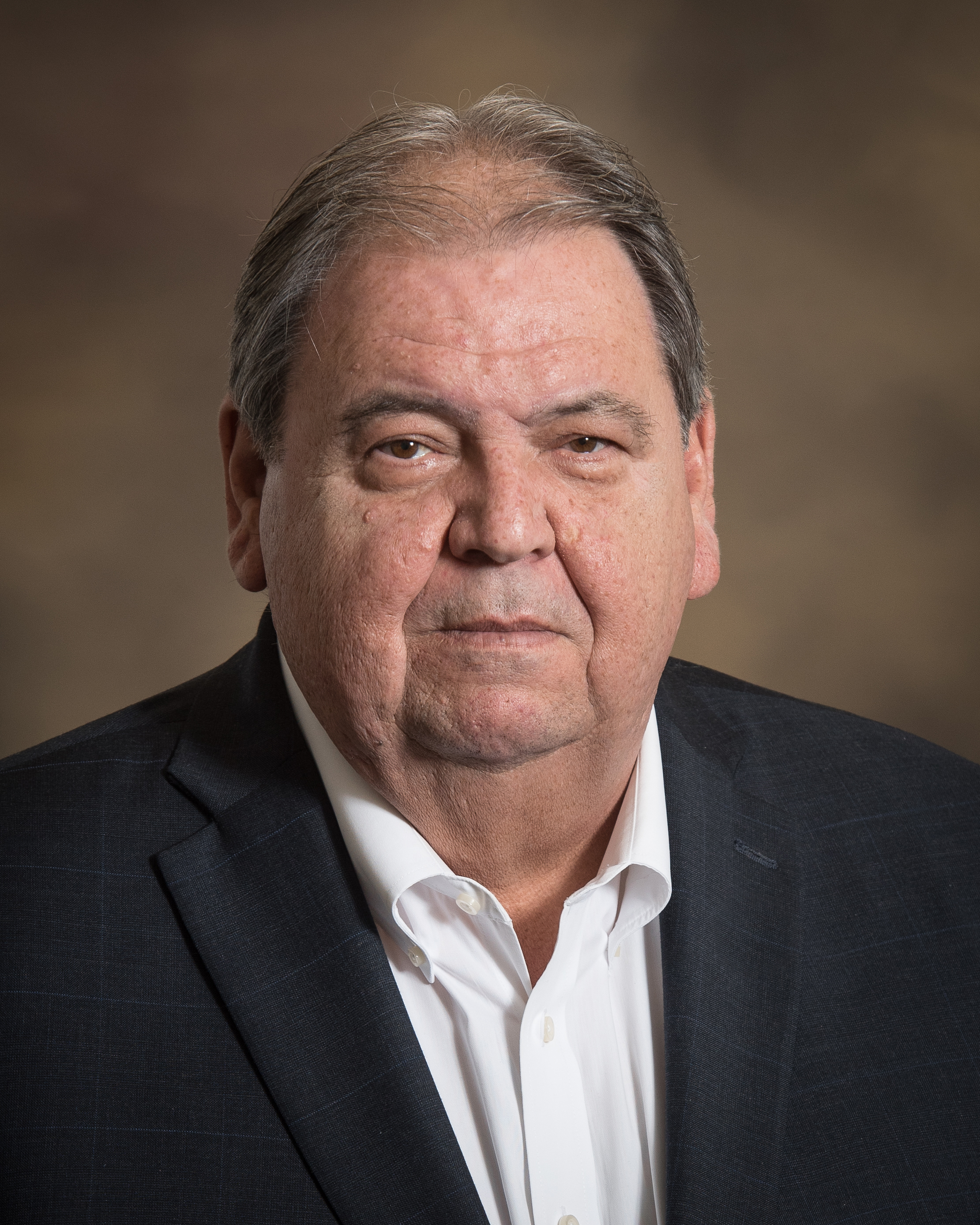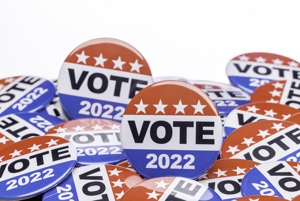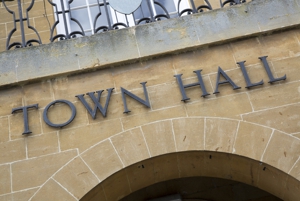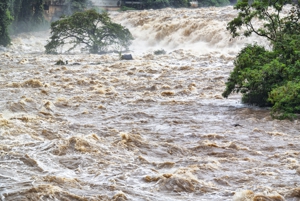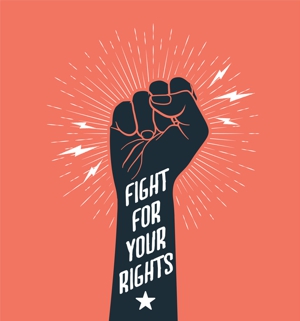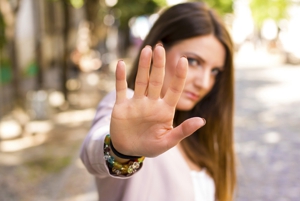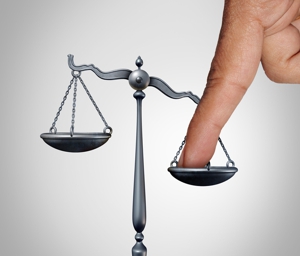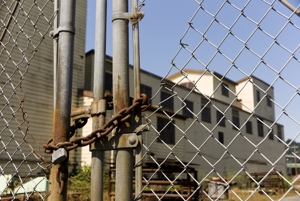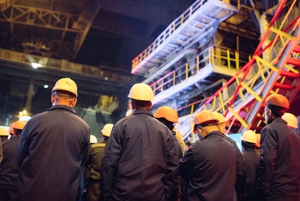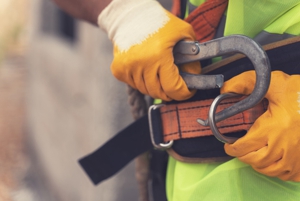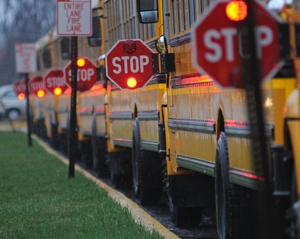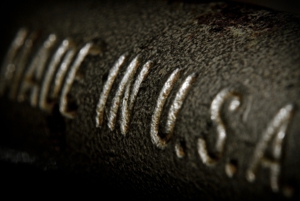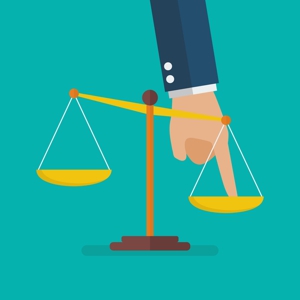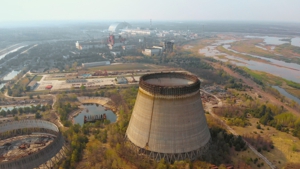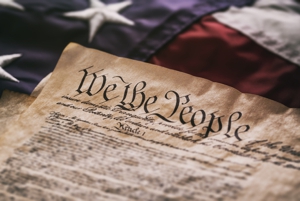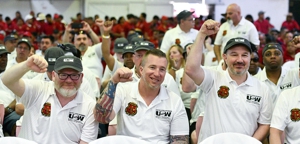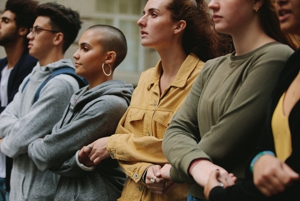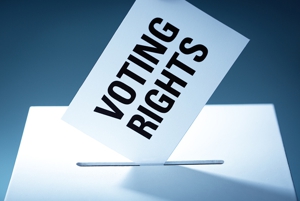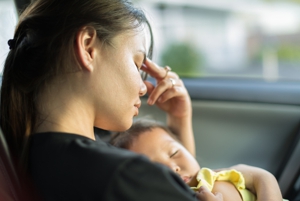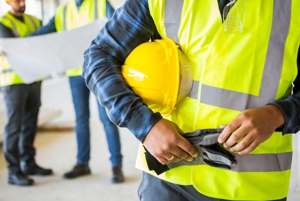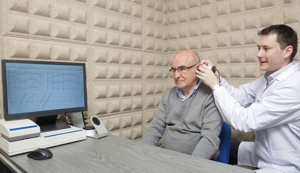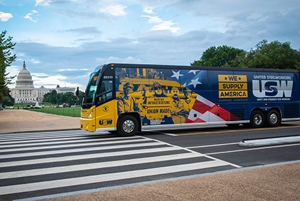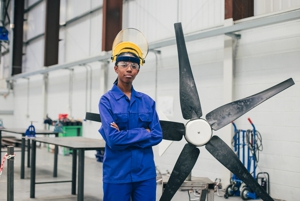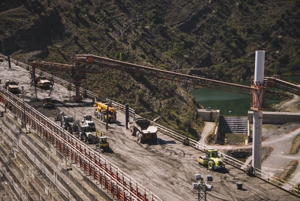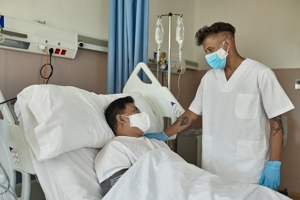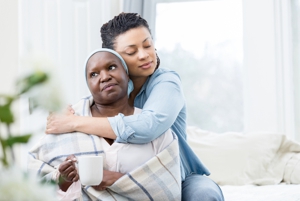Solidarity Lifts Workers over Life’s Struggles
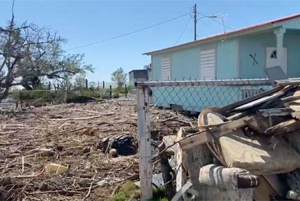
Navigating washed-out roads and piles of debris, Mayra Rivera quickly began checking on co-workers and neighbors after Hurricane Fiona battered Puerto Rico last month.
Rivera, president of United Steelworkers (USW) Local 8198, realized she’d spend months if not years helping the island navigate a daunting cleanup and recovery process. But her immediate goal was ensuring community members had the basics:
Safe food. Clean drinking water. And, just as important, a shoulder for survivors to lean on as they began picking up the pieces of their shattered lives.
While labor unions continue their traditional fights for decent wages, affordable health care and safe working conditions, they’re also stepping up to help workers manage stress and the threats to mental health that they encounter on and off the job.
Rivera, whose local represents municipal workers in the southern coastal city of Ponce, collaborated with the USW’s Tony Mazzocchi Center for Health, Safety and Environmental Education in recent years to deliver disaster and mental resilience training to island communities pummeled by a string of hurricanes and earthquakes.
The training includes techniques for helping families prepare physically and psychologically for disasters, such as assembling “go bags” to sustain them in case of extended evacuations. The program, adapted from resources and materials developed by the National Institute of Environmental Health Sciences Worker Training Program, also helps to boost residents’ safety and confidence by demonstrating how to guard against contaminants, downed power lines and other hazards that hurricanes leave in their wake.
And the training showcases strategies—like providing social support, as Rivera offered in Fiona’s aftermath—to help survivors maintain the resilience essential to persevering after tragedy strikes. Rivera knows that the same solidarity that lifts up workers on the job also can help disaster survivors get through their darkest days.
“They start talking and talking and talking. They need to talk. People need to be heard,” said Rivera, recalling how eagerly residents related their experiences to her after Fiona knocked out power to the entire island, destroyed infrastructure and flattened entire communities.
Providing this kind of outlet is especially critical, she noted, to maintain hope among people who were still trying to bounce back from 5-year-old Hurricane Maria when Fiona walloped them again.
Tarps still covered thousands of homes that lost their roofs during Maria. Fiona destroyed some of the same infrastructure all over again. The wave of disasters created a looming mental health crisis that Rivera says her union is well suited to help address.
More ...
